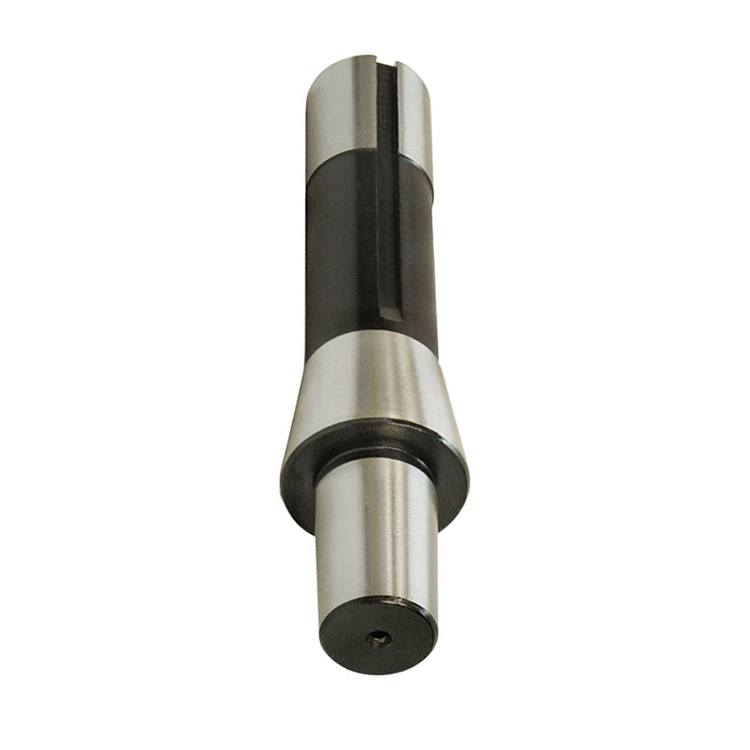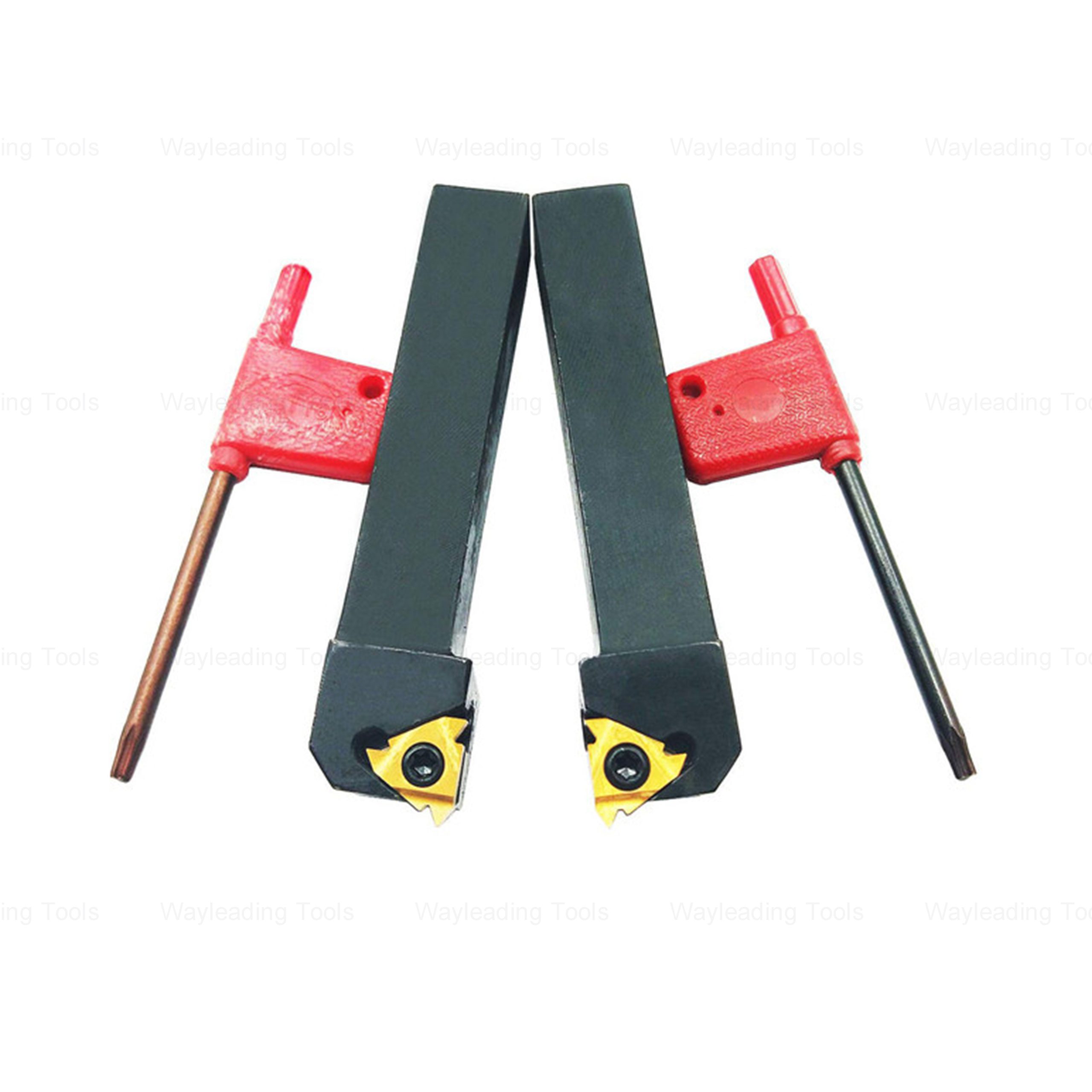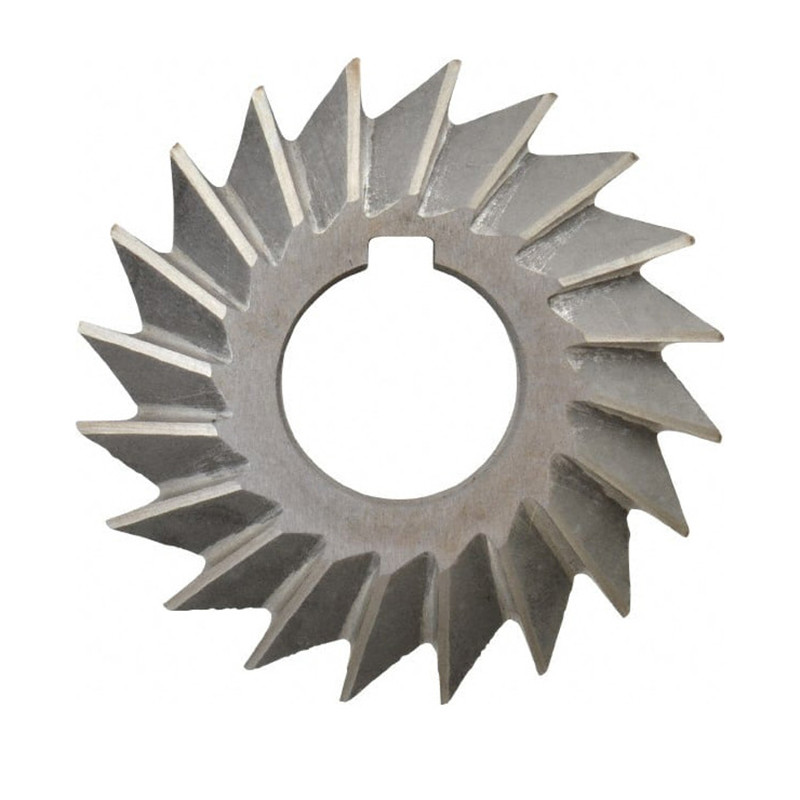counter bores Manufacturer
A counter bore is a cylindrical recess machined into a hole to allow a fastener, like a bolt or screw, to sit flush with or below the surface of the workpiece. This guide explores the different types of counter bores, their applications, and factors to consider when selecting a counter bores manufacturer to meet your specific machining needs. We'll also delve into best practices for using counter bores to achieve optimal results in various materials and industries.
Understanding Counter Bores and Their Applications
Counter bores are essential tools in machining, offering a way to recess fasteners for a cleaner, safer, and more functional final product. Unlike countersinks, which create a conical depression, counter bores produce a flat-bottomed cylindrical recess. This difference is crucial depending on the type of fastener being used.
Common Applications of Counter Bores
- Fastener Installation: Creating space for bolt heads, nuts, and screw heads to sit flush with the surrounding material.
- Improved Aesthetics: Concealing fasteners for a cleaner, more professional look.
- Enhanced Safety: Preventing protruding fasteners from snagging or causing injury.
- Wear Resistance: Protecting fastener heads from wear and damage in high-traffic areas.
- Precision Alignment: Ensuring accurate alignment of components by providing a defined seat for fasteners.
Types of Counter Bores
Several types of counter bores are available, each suited for specific applications. Choosing the right type is crucial for achieving the desired results.
Integral Pilot Counter Bores
These counter bores feature an integrated pilot that guides the cutter, ensuring accurate hole placement and concentricity. They are ideal for situations where precision is paramount.
Interchangeable Pilot Counter Bores
With these counter bores, pilots can be swapped out to accommodate different hole sizes, offering greater versatility. This type is particularly useful when working with varying fastener sizes.
Back Counter Bores
Designed for creating counter bores on the back side of a workpiece, these tools are essential when access is limited to one side. They often require specialized setups and techniques.
Tapered Counter Bores
While less common, tapered counter bores are used to create a tapered recess, often for specialized fasteners or to match a specific design requirement.
Selecting a Counter Bores Manufacturer
Choosing the right counter bores manufacturer is critical for ensuring the quality, precision, and longevity of your tooling. Here are key factors to consider:
Material Quality
The material used to manufacture the counter bore directly impacts its performance and lifespan. High-speed steel (HSS) and carbide are common choices, with carbide offering superior hardness and wear resistance for demanding applications. Wayleading Tools utilizes premium materials to ensure exceptional performance. We are a leading counter bores manufacturer.
Precision and Accuracy
A reputable counter bores manufacturer will employ advanced manufacturing techniques and quality control processes to guarantee precise dimensions and consistent performance. Look for manufacturers with tight tolerances and a commitment to accuracy.
Coating and Surface Treatment
Coatings such as titanium nitride (TiN) or aluminum titanium nitride (AlTiN) can enhance the hardness, wear resistance, and lubricity of counter bores, extending their lifespan and improving performance. Choose a manufacturer that offers a variety of coating options to suit different materials and applications.
Customization Options
If you have unique requirements or need counter bores for specialized applications, select a counter bores manufacturer that offers customization services. This includes custom sizes, shapes, and materials to meet your specific needs. Wayleading Tools provides comprehensive customization services to address your unique needs.
Customer Support and Technical Expertise
A reliable counter bores manufacturer will provide excellent customer support and technical expertise to help you select the right tooling for your application and troubleshoot any issues that may arise. Look for manufacturers with knowledgeable staff and readily available resources.
Best Practices for Using Counter Bores
To achieve optimal results when using counter bores, follow these best practices:
- Select the Right Tool: Choose the appropriate type and size of counter bore for the fastener and material being used.
- Use Proper Speeds and Feeds: Consult the manufacturer's recommendations for speeds and feeds based on the material and tool size.
- Apply Cutting Fluid: Use a suitable cutting fluid to lubricate the tool, reduce heat, and improve chip evacuation.
- Maintain Tool Sharpness: Regularly inspect counter bores for wear and sharpen or replace them as needed to ensure optimal performance.
- Secure Workpiece: Ensure the workpiece is securely clamped to prevent movement or vibration during machining.
- Pilot Hole Preparation: Make sure the pilot hole is accurately sized and aligned to guide the counter bore properly.
Troubleshooting Common Counter Boring Issues
Even with proper techniques, issues can sometimes arise during counter boring. Here are some common problems and their solutions:
Chatter or Vibration
- Reduce cutting speed.
- Increase feed rate.
- Ensure the workpiece is securely clamped.
- Use a shorter counter bore or a tool with a vibration-dampening design.
Poor Surface Finish
- Increase cutting speed.
- Use a sharper counter bore.
- Apply more cutting fluid.
- Reduce feed rate.
Oversized Counter Bore
- Use a counter bore with the correct diameter.
- Ensure the pilot hole is accurately sized.
- Reduce feed rate.
Premature Tool Wear
- Use a counter bore made from a more durable material (e.g., carbide).
- Apply more cutting fluid.
- Reduce cutting speed.
- Choose a counter bore with appropriate coating.
Counter Bore Size Chart Example
This table provides an example of common counter bore sizes for various screw sizes. Always verify the actual dimensions with the fastener manufacturer and your counter bores manufacturer to ensure proper fit.
| Screw Size | Counter Bore Diameter (inches) | Counter Bore Depth (inches) |
|---|---|---|
| #6 | 0.375 | 0.125 |
| #8 | 0.438 | 0.156 |
| #10 | 0.500 | 0.188 |
| 1/4' | 0.625 | 0.250 |
Conclusion
Understanding the nuances of counter bores, their applications, and the factors to consider when selecting a counter bores manufacturer is crucial for achieving precision and efficiency in your machining operations. By following the best practices outlined in this guide and choosing a reputable manufacturer like Wayleading Tools, you can ensure that your counter boring processes deliver consistent, high-quality results.
Related products
Related products
Best selling products
Best selling products-
 MT/R8 Shank Quick Change Tapping Chuck With MT & R8 Shank
MT/R8 Shank Quick Change Tapping Chuck With MT & R8 Shank -
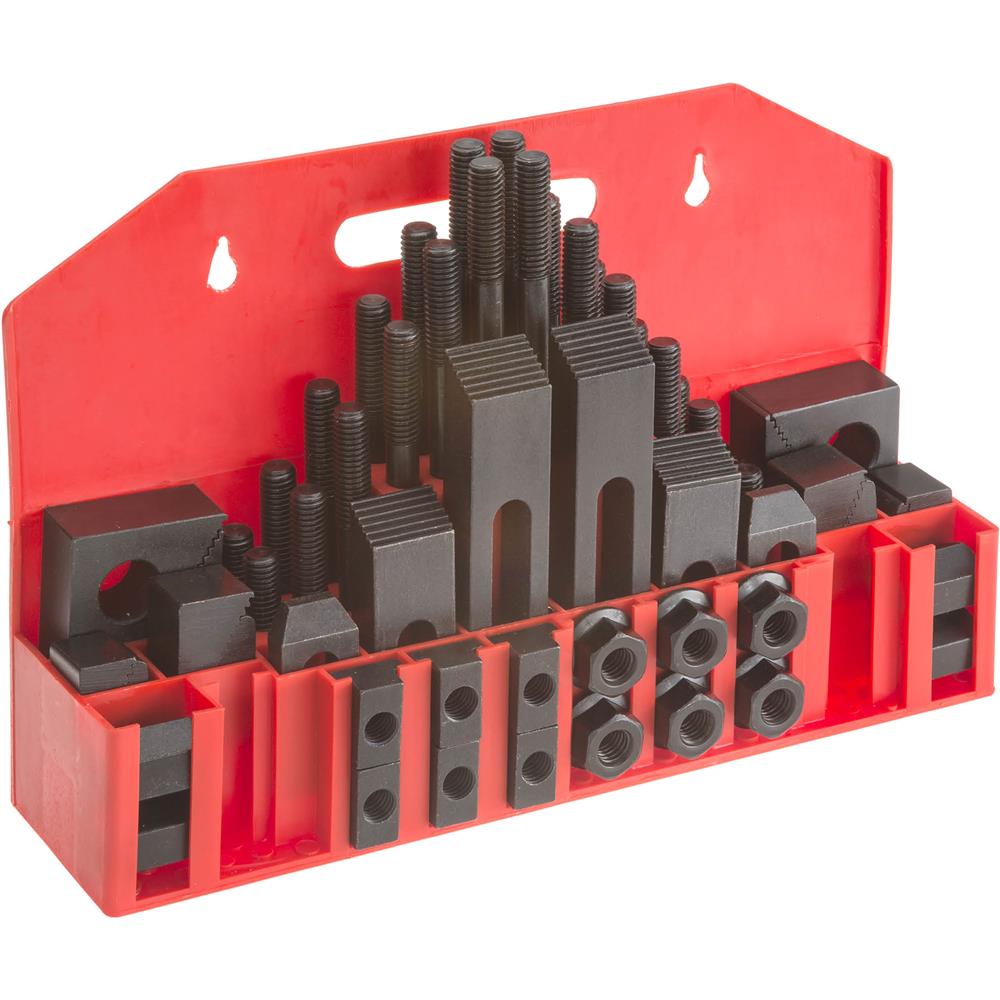 58pcs Clamping Kit With Metric & Inch Size
58pcs Clamping Kit With Metric & Inch Size -
 Precision Vernier Caliper Of Metric & Imperial For Industrial
Precision Vernier Caliper Of Metric & Imperial For Industrial -
 Auto Self Reversible Tapping Chuck In Drill Machine
Auto Self Reversible Tapping Chuck In Drill Machine -
 Round Die Wrench For Thread Cutting Tools
Round Die Wrench For Thread Cutting Tools -
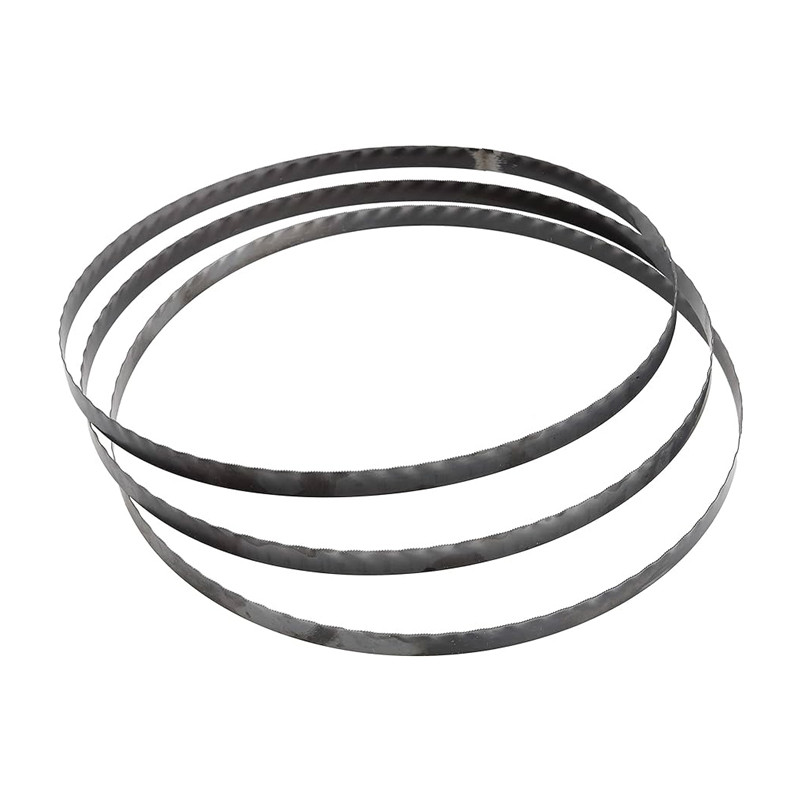 M42 Bi-Metal Bandsaw Blades For Industrial Type
M42 Bi-Metal Bandsaw Blades For Industrial Type -
 DIN6537L Metric Solid Carbide Twist Drill With Internal Coolant & External Coolant
DIN6537L Metric Solid Carbide Twist Drill With Internal Coolant & External Coolant -
 Precision Magnetic Base With Fine Adjustment For Dial Indicator
Precision Magnetic Base With Fine Adjustment For Dial Indicator -
 3 Flutes HSS Chamfering Countersink Drill bitl With 60 And 90 Degree
3 Flutes HSS Chamfering Countersink Drill bitl With 60 And 90 Degree -
 Precision Outside Micrometer Of Inch & Metric With Rachet Stop
Precision Outside Micrometer Of Inch & Metric With Rachet Stop -
 HSS Shell End Mill Cutter With Bright & TiN Or TiAlN Coated
HSS Shell End Mill Cutter With Bright & TiN Or TiAlN Coated -
 DIN333A HSS Center Drills With Milled & Fully Ground Flute
DIN333A HSS Center Drills With Milled & Fully Ground Flute

